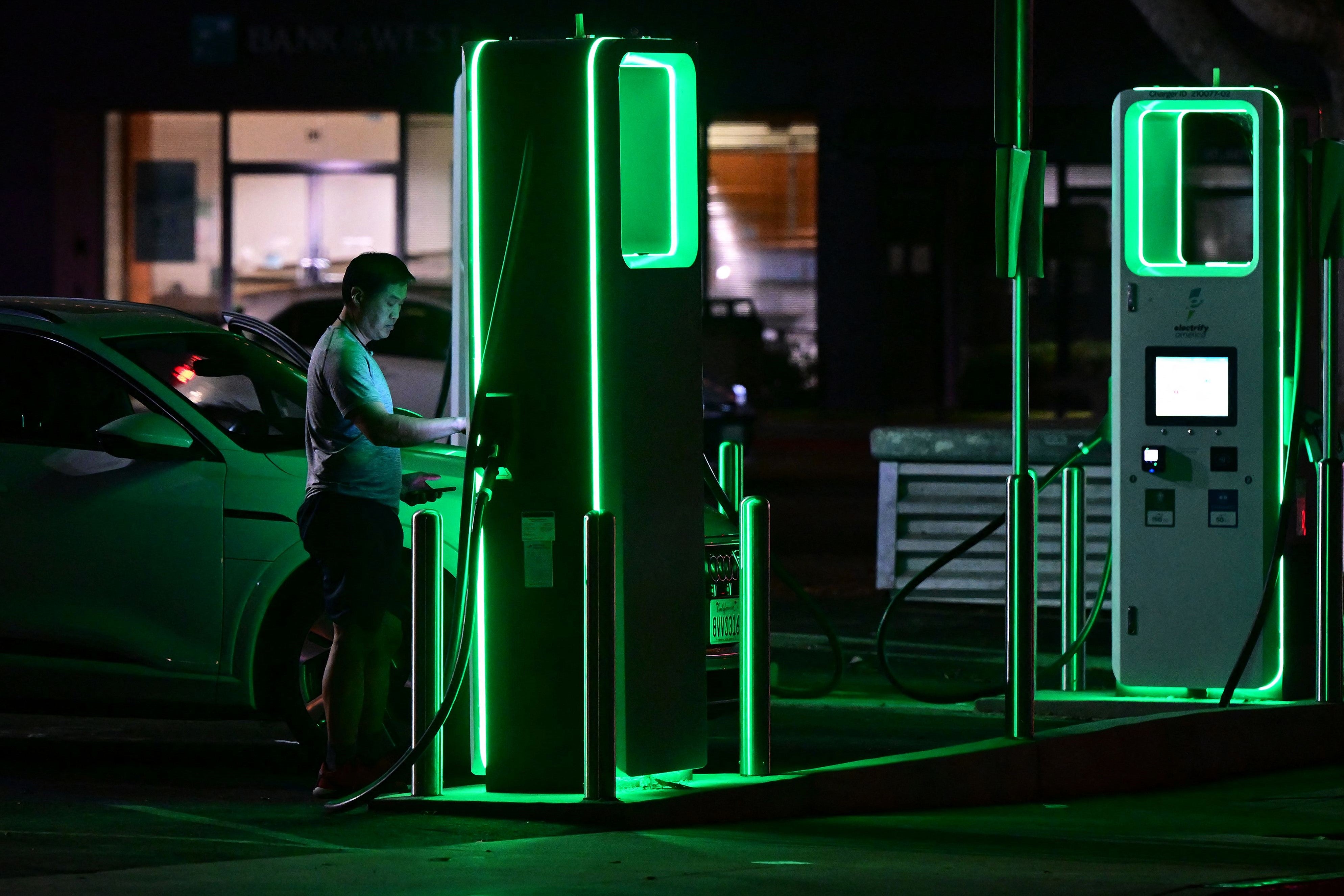Battery discovery offers decades-long lifespan
‘Game-changing’ breakthrough offers new era of commercial batteries with high energy density and radically extended cycle life

Scientists have discovered a pioneering method to radically improve the lifespan of batteries.
The new technique, developed by a team from Qingdao Institute of Bioenergy and Bioprocess Technology (QIBEBT) in China, enables a highly-promising type of battery to achieve 20,000 charging cycles with an energy density of 390 Wh/kg. For comparison, conventional lithium-ion batteries that are found in everything from consumer electronics to electric vehicles last less than 1,000 cycles and have an energy density between 200-300 Wh/kg.
The breakthrough concerns all-solid-state lithium batteries (ASLBs), which have several advantages over lithium-ion batteries, such as improved safety, energy density and longevity.
Until now, their development has been stalled by limitations to their cathodes which have prevented them from being commercially viable on a significant scale. To overcome this, the researchers developed an innovative cathode that maintains the battery’s energy density and huge cycle life.
“This approach is a game-changer for ASLBs,” said Zhang Shu, who led the research. “The combination of high energy density and extended cycle life opens up new possibilities for the future of energy storage.”
ASLBs with the new cathode could be used in a variety of applications, according to the researchers, with potential development routes including electric vehicles, portable electronics and grid energy storage for solar, wind and other renewables.
The scientists now hope the technology can be commercialised, claiming it could be used within lithium-ion, lithium-sulfur and sodium-ion batteries.
“The commercialisation potential for high-energy-density ASLBs is now more achievable,” said Cui Guanglei, a professor at QIBEBT who heads SERGY.
“Our universal strategy for designing multifunctional homogenous cathodes can overcome the energy, power, and lifespan barriers in energy storage, paving the way for real-world applications.”
The discovery was detailed in the journal Nature Energy this week, in a study titled: ‘A cathode homogenization strategy for enabling long-cycle-life all-solid-state lithium batteries’.
Join our commenting forum
Join thought-provoking conversations, follow other Independent readers and see their replies
Comments